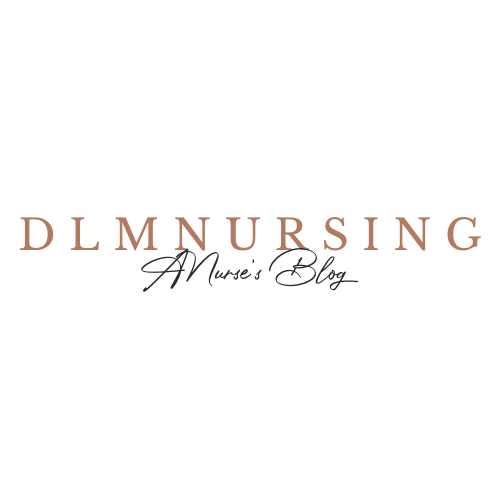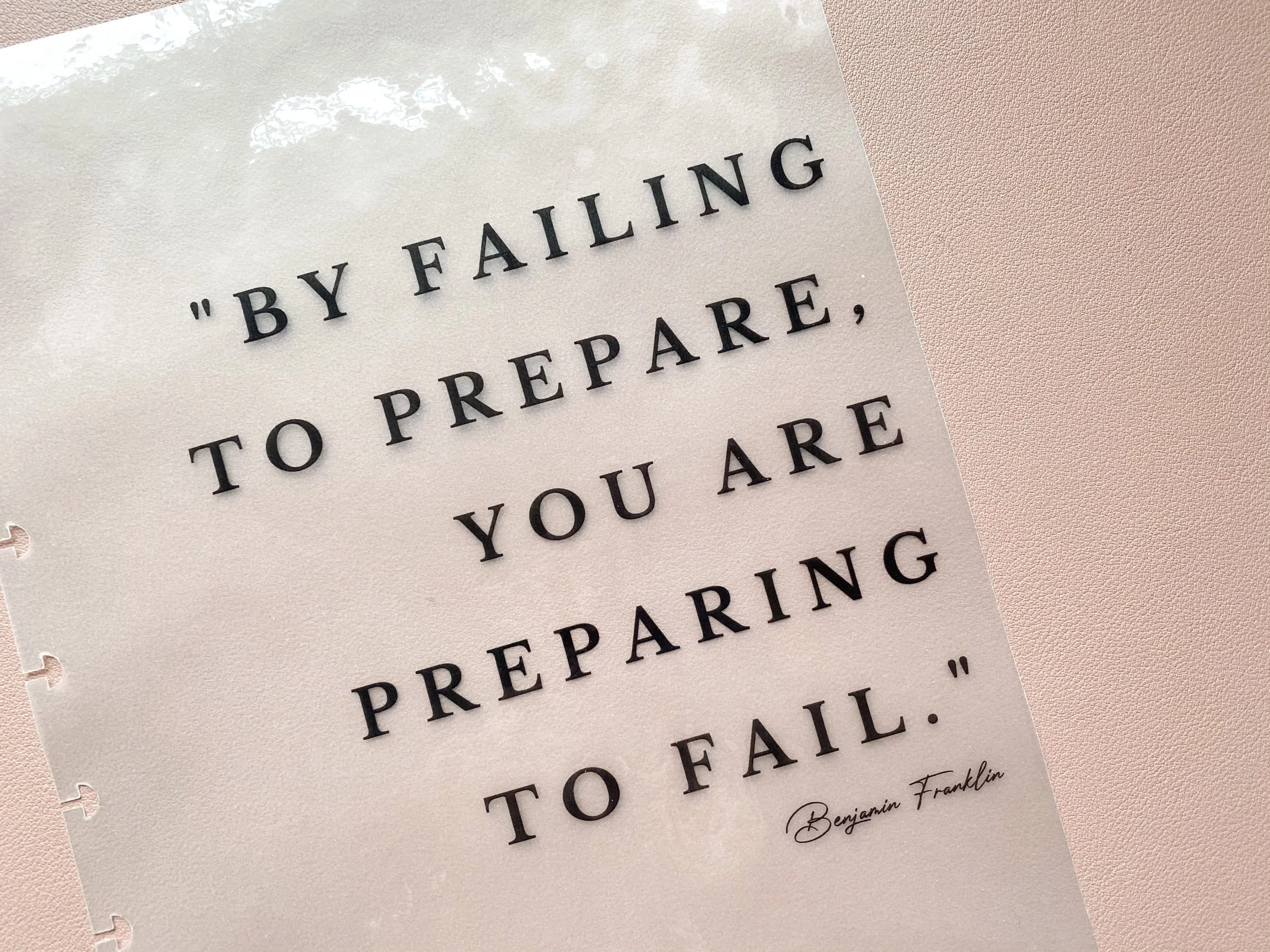NCLEX? Piece of Cake! Here’s How to Tackle Tough Questions
The National Council Licensure Examination (NCLEX) is a comprehensive exam that tests the knowledge and skills of nurses who are seeking licensure. NCLEX questions cover all aspects of nursing, from patient assessment to pharmacology and more. It’s important for nurses to understand how to answer these questions correctly, as it could mean the difference between passing or failing their exam. Answering NCLEX questions effectively requires careful reading and analysis, an understanding of key words in the question, and the ability to identify which answer options are correct or incorrect. With practice and strategic approaches, nurses can learn how to successfully tackle difficult NCLEX questions and increase their chances of success on test day.
Strategies for Answering NCLEX Questions
Strategies for Answering NCLEX Questions
When it comes to answering NCLEX questions, practice makes perfect. Reviewing past questions and familiarizing yourself with the types of questions asked can help you become comfortable with how to approach them on test day. Some key strategies for effectively tackling NCLEX questions include:
Reading each question carefully and thoroughly: This is essential when attempting any type of exam question, but especially important for NCLEX exams as they often contain tricky wordings or double negatives that can lead to incorrect answers if not correctly identified. Pay close attention to the wording of each question and take your time reading through all answer options before selecting one.
Eliminating answer options that don’t fit the criteria: Once you have read through all available choices, eliminate those that do not match up with what has been asked in the initial prompt. Don’t be tempted by ‘sounds correct’ answers; instead, make sure only those responses which clearly meet the criteria remain in play.
Focusing on key words in the question: Many times, a single word or phrase will indicate what kind of response is needed from an examinee. Taking note of these terms can help focus your thinking process when trying to determine which option is right for a given situation. Key phrases might include words like “most appropriate” or “least likely”—these should direct your attention towards certain answer selections over others based on their relevance within context provided by other information in the passage or scenario accompanying a particular question.
Consulting your resources for additional information: Your textbook and other study materials are invaluable tools when taking an exam like this one; they provide greater insight into topics covered throughout coursework related to nursing practices and protocols—this can further enhance understanding of more difficult concepts encountered during testing periods such as these where quick recall may be required at times during multiple-choice selection
Analyzing the Answer Options
Analyzing the answer options is an important part of correctly answering NCLEX questions. As soon as you have read through all available choices, it’s essential to eliminate those that don’t match up with what has been asked in the initial prompt. By doing so, you can narrow down your selection to a manageable number and focus on selecting the best possible option from there. Additionally, it is important to look for any contradictions between answers; if two or more appear similar but contain conflicting information, then one must be wrong and should be eliminated right away.
When analyzing each choice thoroughly, consider how well they would apply in a real-world situation and whether they are consistent with established nursing standards. It can also help to look at each option individually rather than comparing one against another; this way you can examine them more closely without being swayed by other potential solutions which may or may not fit better than the others presented. If necessary, use your resources such as textbooks or practice exams to further back up your analysis process—this will ensure accuracy when making final selections prior to submitting answers during testing periods such as these where quick recall may be required at times during multiple-choice selection
Practice Questions
Practicing with sample questions is an effective way to help prepare for the NCLEX. Sample exams offer a variety of different question types and scenarios that can provide insight into what topics may be covered on the actual exam and how best to approach them. Taking practice tests will also give you valuable experience with answering questions under time pressure, as well as familiarize you with the format of each type of question.
Using online resources is also recommended when studying for the NCLEX. There are many websites dedicated to helping nurses prepare for their licensure exams, offering study tools such as flashcards, quizzes, and even mock tests which simulate real-life test taking conditions in order to better simulate what it will be like during your actual licensing examination. Additionally, forums allow students to chat with experienced professionals about difficult concepts or ask specific questions related to their studies while receiving feedback from peers or mentors who have already taken the exam themselves.
Finally, understanding how to answer different types of questions is key when taking an exam like this one. Questions come in various shapes and sizes—from multiple choice selections requiring quick recall ability all the way through complex problem solving equations—so having a good grasp on how best approach each type can mean success or failure in achieving passing scores overall during testing periods such as these where accuracy matters most at times during multiple-choice selection processes
Taking the NCLEX Test
To ensure success on the NCLEX exam, it is important to create a plan for tackling the questions. This starts with making sure you are adequately prepared in terms of both knowledge and time management. Studying ahead of time is essential—make sure you understand key concepts covered throughout coursework related to nursing practices and protocols. Additionally, familiarize yourself with different types of questions and how best to approach them; this can be done by taking practice exams or consulting online resources such as forums where experienced professionals may be able to offer guidance or additional insight into more difficult topics encountered during testing periods such as these where quick recall may be required at times during multiple-choice selection processes.
In addition to studying properly, managing your time effectively is also essential when taking an exam like the NCLEX test. Allot sufficient amounts of time for each question so that you do not rush through any one section without really understanding what it’s asking from you—rushing can lead to confusion and incorrect answers being chosen which could detrimentally affect overall scores later on down the line if not corrected quickly enough before submitting final selections upon completion of all sections within allotted testing periods such as these where accuracy matters most at times during multiple-choice selection processes involved therein..
Finally, make sure to review all information thoroughly once finished with each section or after completing entire exams altogether if possible prior to submission thereof in order double check responses made earlier have been correctly answered according thereto via reexamination same thereafter accordingly thereby enabling better chances towards achieving desired passing scores overall in due course ultimately if planned out efficiently beforehand thusly herein aforesaid conclusively put forthwith henceforth!
Conclusion
In conclusion, taking the NCLEX exam can be a daunting task for many nursing students. However, with thorough preparation and proper strategy implementation, individuals can increase their chances of success in obtaining passing scores overall on this important test. It is important to understand key concepts related to nursing practices and protocols while also familiarizing yourself with different types of questions encountered during testing periods such as these where quick recall may be required at times during multiple-choice selection processes involved therein. Additionally, practicing sample questions ahead of time or consulting online resources which offer additional insight into more difficult topics presented throughout coursework curriculums are highly recommended methods for increasing one’s understanding of material covered therein so that better performance is achieved upon completion thereof ultimately thereby leading towards desired outcomes accordingly herewith notwithstanding said all aforesaid herein!





